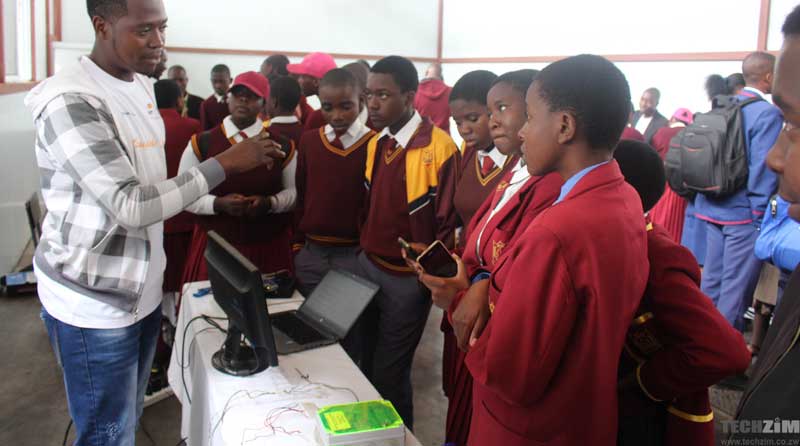Tech savvy or not, I know for a fact that in one way or the other, you appreciate technology. However, now because tech is so much a part of our lives it’s easy for us to just take it for granted – I mean that happens with every other thing we become ‘familiar’ with; sadly, even with people.
Anyway, I acknowledge that technology is very broad but allow me to just acknowledge only 3 things: smartphones (or any camera phone really), the internet and social media.
Over the past few days, or more accurately since yesterday (it just felt better saying it like that), Zimbabwe has been going through a phase that could potentially be of massive importance in the history of the country. You know about it by now right? Sure you do. But guess what? All these events are only happening in Harare, otherwise the rest of Zimbabwe seems normal. In fact, it’s just a part of Harare, the CBD mostly, otherwise the rest of Harare itself seems normal. The point? Point is regardless of how tiny in relation to the rest of the country the area in which things are happening is, everyone in Zim and a good number of people out of Zim know about it!
I’m sure you’re still not intrigued by this. Well, let’s backtrack a bit. Try to imagine this same Zimbabwe or some similar situation happening a hundred or even fifty years ago. How long would it have taken for the news to reach you? More importantly, how much of that information would have reached you. Most likely, you would have just heard it as “oh we now have a new president” (completely hypothetical, I’m by no means predicting or suggesting anything at all so DO NOT quote me).
Now imagine having missed all this drama unfolding. Well, honestly, that’s not the most important concern, the most important thing is how the whole event would have been limited to a few people to narrate and/or interpret it. Not only would that have meant a serious compromise in the quantity of information but also on its quality as well, whether by design or otherwise.
However now? Now we are guaranteed to have somewhat all bases covered thanks to smartphones, the internet and social media. These three things have facilitated citizen journalism, something that the 9/11 tragedy helped the world appreciate. Now we at least have most of what is happening documented. What’s even exciting is that the information is being documented by various sources and not just one, hence minimising information bias.
The bigger picture? The bigger picture is this somehow guarantees that our children’s children and their children will not only have access to this vast information but also to what really transpired as opposed to knowing only that which someone wants them to think transpired. I won’t even begin to talk about how critical this is even in shaping their own futures, whether as individuals or as a nation for reasons I’m sure you already covered in your history lessons.
Essentially, all this must give us some sense of responsibility. The responsibility that we are in one way or the other all involved in the writing of our own history. I might as well just throw this in: The responsibility that no matter how tempting it is, we will stay away from generating fake news. We can joke all we want (though not entirely a smart move but subject for another day) but we should really feel responsible enough to abstain from creating fake news.

One response
Great article. So encouraging to see the new African emerge, even though people who think like you, young people, are still being disappeared in places like the DRC and all over Africa, even in Zim